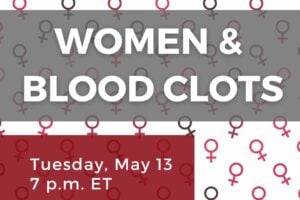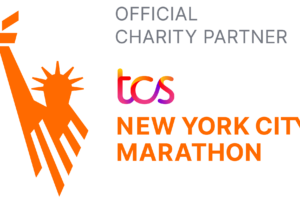Millions of students will be stepping on campuses across the United States in the upcoming weeks. It is a time filled with excitement and anticipation for what the future holds, as well as new experiences and decisions that will undoubtedly shape the future for these students.
Many of these students are young women who may be making first-time decisions about hormonal birth control. In doing so, they should be acutely aware of all of their options, and be equipped to recognize the benefits and risks associated with each of these options, including the potential increased risk for dangerous blood clots. As part of our Women & Blood Clots program, designed to inform women about how certain choices they make throughout their lives, including choices connected to family planning and birth control, the National Blood Clot Alliance (NBCA) is distributing potentially life-saving information to more than 8,000 college sorority chapters this fall.
The choices women make about birth control matter, and women who take estrogen-based birth control are at an increased risk for deadly blood clots. Blood clots often form in the deep veins of a person’s arm or leg, also known as a deep vein thrombosis or DVT. A blood clot that breaks off and travels to the lung is called a pulmonary embolism or PE and can be life-threatening. Since about half of all people who experience a DVT do not experience symptoms, the most important thing a woman can do to protect herself from a life-threatening blood clot is to learn if she is at risk.
Share these essential “Back to Campus” resources with your friends, family, and social media networks. Sharing important information about birth control and blood clot risks helps to save lives.
Back to Campus: Resources from NBCA
- Women & Blood Clots: Learn more about how estrogen-based birth control increases a woman’s risk for blood clots, plus ways to reduce or eliminate that risk.
- Birth Control and Blood Clots Risk Assessment: Take this Risk Assessment and discuss your results with your university health center, or your preferred healthcare provider.
- Resources: Access more tools and life-saving information.
Additional resources:
- College Health: Various tips and resources from the U.S. National Library of Medicine.
- Birth Control Methods: More resources and information about birth control, sex, and pregnancy from the Office on Women’s Health.
If you have any questions about our Women and Blood Clots resources, or our “Back to Campus” sorority outreach program, please send an email to NBCA’s Marketing & Communications Department: info@stoptheclot.org.






